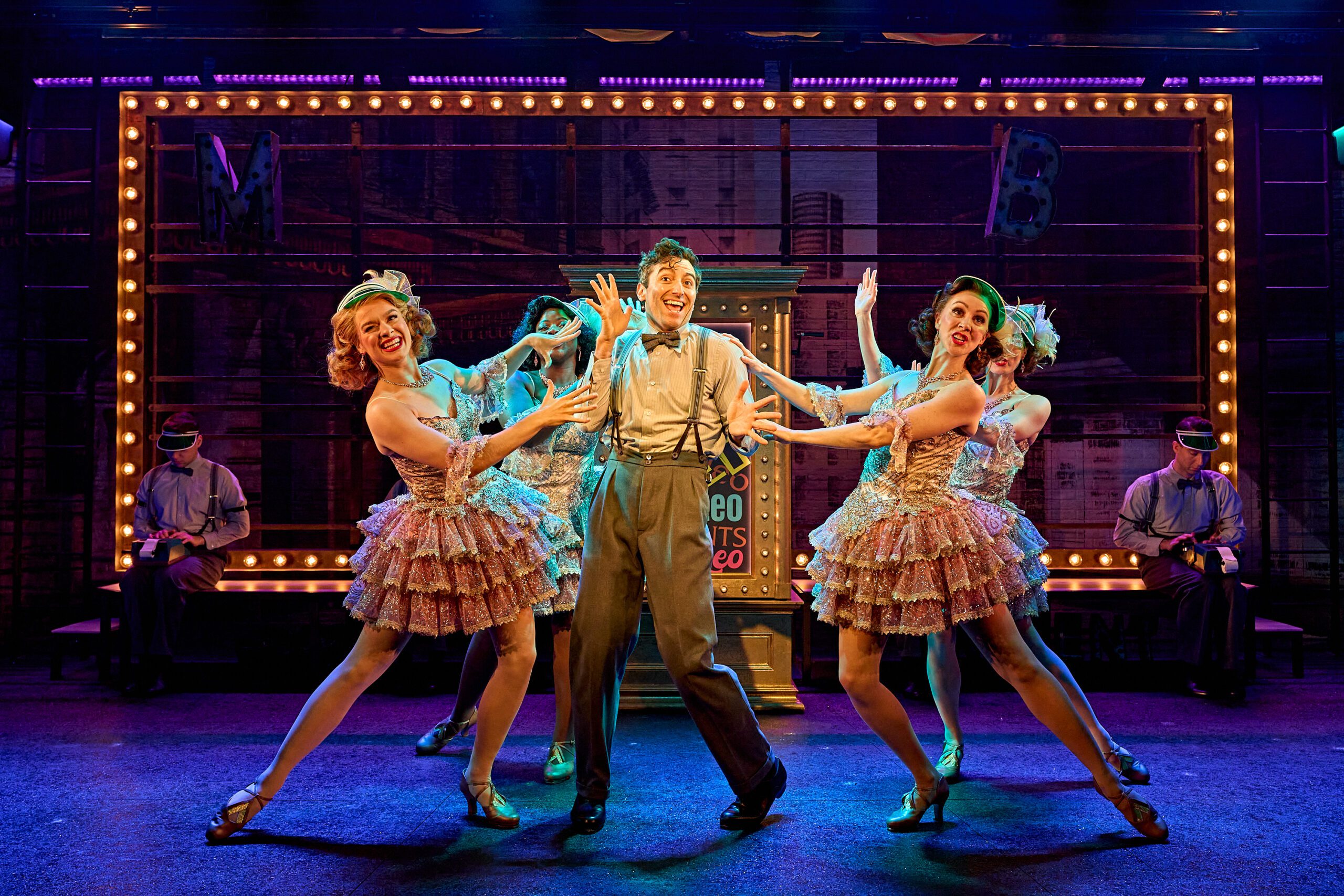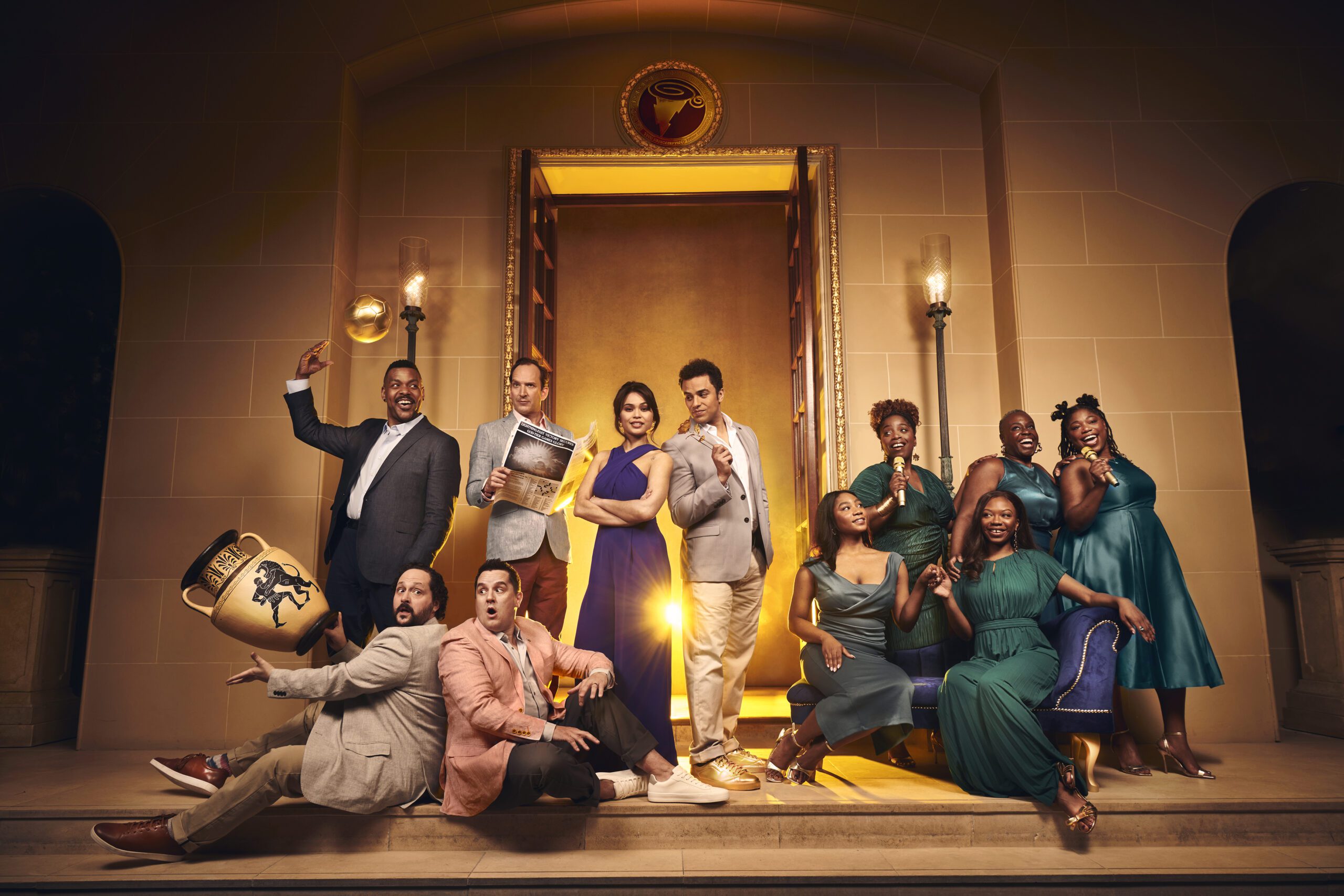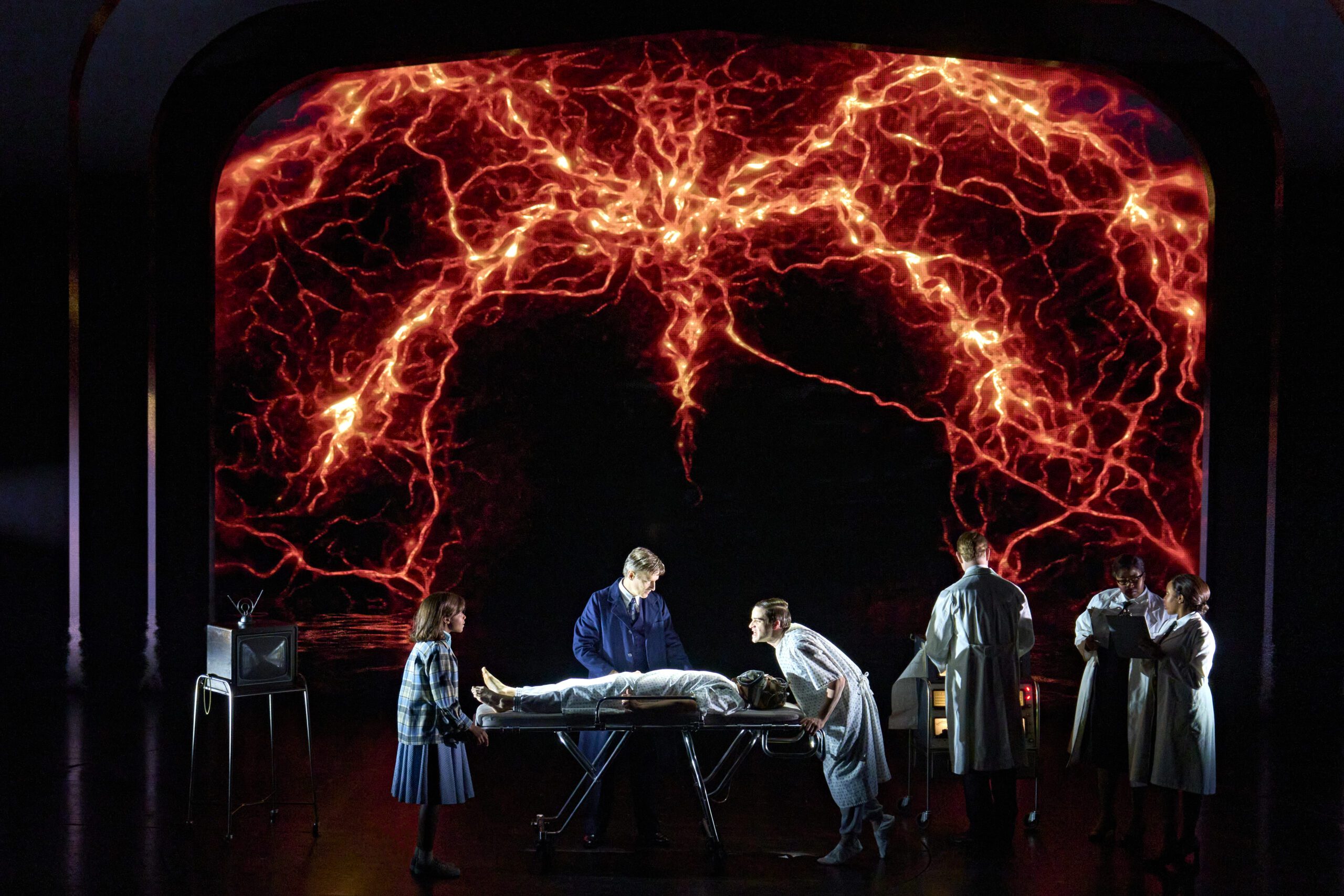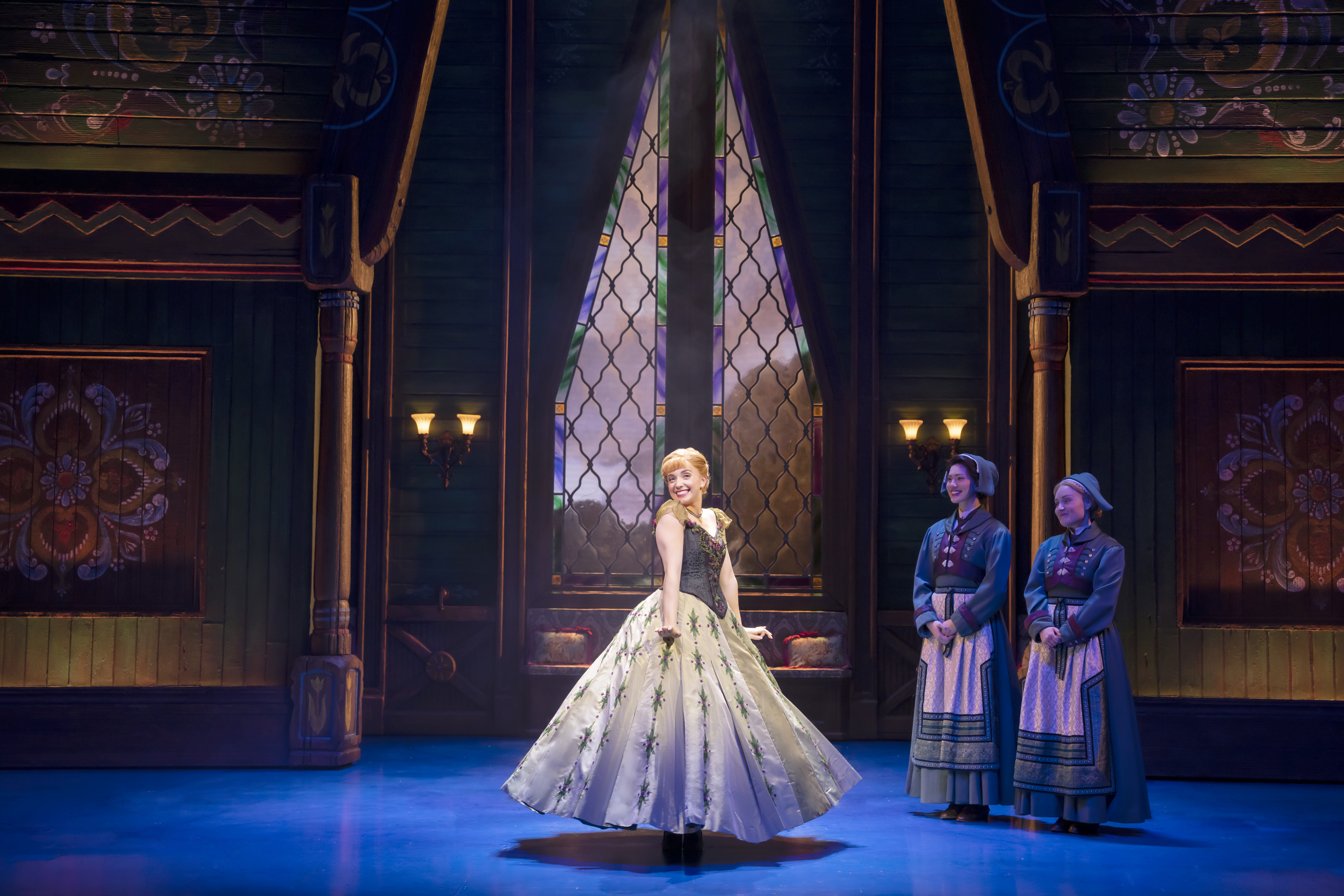Actor Marc Antolin on playing ‘Leo Bloom’ in ‘The Producers’, how he made the role his own, and transferring to the West End stage.
After a sold-out run at the Menier Chocolate Factory, the hit London revival of The Producers is moving to the Garrick Theatre in the West End and taking the cast with it. One of those cast members is Marc Antolin, who grew up in Port Talbot and is known for his roles in The Flying Lovers of Vitebsk, Little Shop of Horrors and BBC’s The Outlaws.
Marc is taking on the classic role of ‘Leo Bloom’ and alongside Andy Nyman, who plays ‘Max Bialystock’, he’s already earned critical acclaim for his performance. Marc’s journey to this role was a unique one, beginning with a surprise phone call from director Patrick Marber, who had a clear vision for the production and the actor he wanted to lead it.
We sat down with Marc to discuss his incredible path to the West End, the unforgettable experience of working with legendary figures like Mel Brooks, and how he’s making this iconic character his own. Here’s what he shared:
Hi, Marc! How did you first become involved in ‘The Producers’?
This was actually a really weird one, because sometimes with plays, musicals and theatre jobs, you hear that the show is happening before you get any sort of audition. With this, they hadn’t announced that it was making a big comeback and I just got a call one day saying Patrick Marber would really love to meet you for the part of ‘Leo’ in The Producers at the [Menier] Chocolate Factory. I thought, ‘How the hell are they going to do The Producers at the Chocolate Factory?’
The fact that Patrick had asked to see me was amazing because I’m a massive fan of his work. Also, I didn’t think [the part of ‘Leo Bloom’] would ever come my way because the show hadn’t been done for such a long time and I wasn’t sure whether it would ever come back. I was so excited, and in my head I thought, ‘I’m never going to get this, but I’m really excited to meet Patrick and to do the material’.
I read the script and I realised, actually, the play is a very small-scale play. Essentially, a lot of the scenes happen in an office, in a house, or on a rooftop. It’s only the huge show within the show in Act Two that asks for a huge space. I was like, “Actually, I can really see this at the Chocolate Factory.”
I met Patrick for the audition and he was welcoming, friendly, and he actually said that he’d seen me in a production a few years previous called The Flying Lovers of Vitebsk, where I played ‘Mark Chagall’. He said, “I remembered you doing clowning, lots of physical stuff. I thought you’d be perfect for this role and I was thinking of casting it.”
It was actually lovely, because sometimes casting processes are so fast, but Patrick took so much time getting to know me. It really relaxed me. I feel like when someone’s relaxed, you get the best work out of them. We just played around. He was playing ‘Max’ and I was playing ‘Leo’, and we did the first scene.
After that, Mel Brooks had to give me the thumbs up to play the role. I had to record the scenes and songs so that Mel could watch a video of me, and Patrick was like, “Let’s wear a different costume for each.” So, I had a tuxedo for one scene, a brown shabby suit for another.
It was a very quick process, but quite intense because it felt like lots of things had to happen. The most nerve-wracking bit for me was when I knew that I was the only person they were putting on tape for this role to send to Mel. As soon as that tape went, it was a few days of being nervous that Mel Brooks might not have liked me and that he would say no.
I was absolutely over the moon when I got the role. I hoped and hoped that I would get it once I knew that it was happening, but I never dreamed that it would come my way. So, it was just an incredible thing, and I knew that Andy [Nyman] had been cast as ‘Max’ already. I was so excited to meet and work with Andy.

Andy Nyman and Marc Antolin as ‘Max’ and ‘Leo’ in ‘The Producers’ / Image credit: Matt Crockett
How involved is Mel Brooks in the production?
He’s been a major part of it, and Patrick actually got hold of the original screenplay and we looked through to see if there were any things we wanted to put in that weren’t in the musical script. We added a few little gags.
Mel’s been at the end of the telephone and emails for all that stuff, and when we found out that the show was transferring on the last night, he did this phone call where he announced the transfer and was like, “Andy, Marc,” and I was like, “My God, he knows my name.” So he’s been a massive part of overseeing the production, which is so exciting for us.
How have you put your own spin on the character of ‘Leo Bloom’?
I was a massive Gene Wilder fan when I was a kid and I loved his ‘Willy Wonka’ in Charlie and the Chocolate Factory. Also, when I was a teenager, I was a big fan of Lee Evans as a comedian. When I went to see [The Producers] at Drury Lane when I was studying at Arts Educational, I just remember seeing Lee Evans play it.
Because the whole production has been reinvented, we’ve been allowed to reimagine the characters, and there are traits of the characters that are very much present in Mel Brooks’ genius writing. It’s all there for you – you just have to do what’s written but be able to reimagine it and slightly alter things. I’ve been putting my own things that I relate to with ‘Leo’ in the show. I have a little bit of a dance background, so I’ve been able to bring that into the show where that might not have been present before.
I love playing these slightly neurotic, nervous characters, so it’s been really fun to tap into that side of ‘Leo’, and also the fact that he’s a massive theatre fan. I was a bit of a theatre nerd as well when I was a kid.
How do you warm up before playing the character?
I’m a lot older since I last danced properly in a show, so it was quite fun coming into that, but these body parts are going to hurt a lot more than they used to. Luckily we’ve had a run of it before, so I know what to expect but it’s exhausting because the character is so high energy. The show is fast. It moves quickly and it’s a very physical role for me [so] I really have to look after myself.
It’s weird, because even though you don’t start your working day until warm-up for the show, you spend the whole day anxious about your voice. Sometimes, you wake up in the middle of the night and you have to check your voice is still there, just in case. When you wake up in the morning, you have to drink about two litres of water to get rid of the dehydration from your sleep.
You go to the gym, you do all your steaming, your stretches, your vocal warm-ups, your physical warm-up. All day is [spent] leading up to doing the show. Then, after, you have to wind down. You have to cool down. You have to stretch. So, it’s an incredibly physically and mentally demanding role, but I do love it.
I really had to change the approach to doing a show like this, because eight shows a week is incredibly demanding. But it’s so worth it when you get that response and the joy from doing the show and just messing around. I’ve had to increase my fitness levels in order to get through the show, which has been a brilliant thing for me to do.
What have you been doing to increase your fitness level for the show?
Gym. I picked up Pilates – it enables limbs to do things that they’re not meant to do. And lots of yoga. I’ve had to ramp up my cardio with dance lessons, which has been really nice. I haven’t danced for a very, very long time.
When we were choreographing certain sections of ‘I Want to Be a Producer’ and ‘That Face’, which are two of my big dance moments in the show, I said to Lorin [Lotarro], the choreographer, “You make it as hard as you want to make it, and I will try my hardest to do it. And then, if it looks a bit rubbish and I can’t do it, let’s make it a little bit easier.” I wanted to push it as much as I could to put my own spin on those numbers, which hasn’t been done in that dancey way before. So, it’s been really fun.
What’s your favourite moment or song from the show?
There are so many! I think ‘I Want to Be a Producer’ because it’s the big introduction of my character and his hopes and dreams – wanting to do this thing with ‘Max’ and to put on these shows and to have this dream realised of being a big Broadway producer.
I absolutely love doing the first scene with Andy as well because it’s very rare for you to get a 20-page scene in a musical very early on. It’s such a fast-paced, high-energy scene and really establishes our relationship and characters. There’s so much in that scene that’s such a joy to do every night with Andy.
I’m not in it, but I do love watching ‘Springtime for Hitler’ – the big show within the show. In every turn of the song, you’re like, “I can’t believe this is happening.” And just witnessing the cast, who are multi-talented, and hearing the voices, seeing the dancing, the acting, the humour that comes across in that section. There was a time when Andy and I used to sit in with the band and watch a section of that show during the show and it was a joy to see the audience’s response to it. It was almost like watching an old silent movie, where there’s people bent double laughing hysterically.
The show has some risqué and potentially controversial humour. How do you and the cast approach the satire in a way that lands with today’s audience?
That was one thing I think we were apprehensive about with the show, because I think it hadn’t been done for a long time and you’re like, “God, does it still stand in this changed world that we’re in?” But I think it’s so funny because the writing is brilliant and I think it’s because the characters are so ridiculous. They’re so of the time. It’s a satire – we’re all laughing at those characters that are doing and saying these things.
Previews were a really interesting time for us, because that was the big test of whether an audience would respond in the same way to these jokes and this writing and I think everyone felt so relaxed to be able to laugh at it because everyone gets offended in the show. So, we didn’t actually have to change that much revisiting the show this time around. It’s satirical and joyous and celebrates all of those things as well.
You’ve played ‘Leo Bloom’ at the Menier Chocolate Factory and now you’re bringing the role to a new, larger West End venue. What are some of the key differences and challenges you’ve encountered in adapting your performance for a new space?
We’re really working through and discovering that in the room at the moment. The width of the stage is still the same, but the depth is a lot different. Obviously, there’s three levels now, which we didn’t have before. The Garrick is quite wrapped around the auditorium, it will still feel very intimate. I’ve never played there before, but when I’ve watched shows there, you always feel really close to the action, which is what you want as an audience.
We found, at the Chocolate Factory, that we wanted the audience to feel very close to us because there were little asides you could play to and hopefully we can still have that. But when we were doing the show at the Chocolate Factory, there were always moments in the show that could grow into something a lot grander and a lot bigger. Those moments now have the freedom and space to do that. We’ve got previews where we’ll discover a lot of that.
I think one thing that’s been beautiful about starting in a smaller location is that we’ve found the bare bones of the genius of the writing and let a lot of the writing do the work. I think it’s going to be really fun to find the small things and the big things in the new space.

Marc Antolin as ‘Leo Bloom’ in ‘The Producers’ / Image credit: Matt Crockett
How did you first get started in acting?
I’d always had a slight interest in it. I used to watch my comedy heroes when I was growing up, like Mr. Bean. I had the VHS of that on loop. I used to watch a lot of the Marx Brothers, Gene Wilder, The Vicar of Dibley and French and Saunders. I always used to take on characters in the house, and my sister used to go dancing, so I used to watch her in shows. I was quite sporty as well – I used to do football and rugby, and then I had a knee injury when I was 13 and had to give up sports. A friend of mine used to go to this youth theatre, so he was like, “Come along,” and I just loved it. I kept joining all these different drama clubs and really enjoyed being silly and funny and stupid.
I met loads of people because Port Talbot is a hot bed of actors. You’ve got Richard Burton, Anthony Hopkins, Michael Sheen. All these people before you have gone on to make very successful careers out of being an actor, so there’s a lot of support from the town and it feels very viable as a career. I was like, “I’m going to do it,” and so I went to London and studied.
I remember when I was very young, my sister and I used to watch Grease on repeat and I remember my parents surprised us once with a trip to London. We went to see Grease at the Dominion Theatre and I remember sitting there going, “My god, I want to do that. They look like they’re having so much fun.” So I probably got the bug from watching Grease.
You’ve also done screen work in ‘The Outlaws’ and ‘Keeping Faith’. How does this compare to theatre acting?
I think the main thing is the live element. Because you’re doing theatre, you have that reaction straight away, so it’s a shared experience with the audience and they’re very present. They’re almost a part of the show itself and I do love that. You’re very much in control of the performance that’s happening that night.
Whereas, with screen, you might do 20 versions of a take and then someone else decides which version of that they’re going to use. I feel like that’s a big difference. Sometimes, with filming, you get long days. But I do love doing screen stuff because it’s much more naturalistic and you get to be in a real setting rather than a stage setting of a restaurant or something. I’d love to do more screen work to experience a lot more of that stuff.
I love the camaraderie and the company feel of a theatre and that shared thing every night. Theatre is what I know mostly, so that’s probably where I sit most comfortably.
Looking back at your career so far, what do you consider to be a major turning point or a highlight?
Probably The Flying Lovers of Vitebsk because that was such a surprise show to me. It was a Kneehigh Theatre show that was directed by Emma Rice. There were four of us in the cast and it was a beautiful, small, physical theatre play about Mark Chagall, the artist.
It incorporated lots of physical, musical elements and we devised around the text. It was just such a beautiful experience to be able to put a lot of myself and my skills into. I was really surprised how many people saw that production. We did a UK tour of it and it allowed me to find clowning, physical comedy and embrace lots of my skills as an actor and put it into one show.
I think that was a big turning point because lots of people reference that show now when they meet me, like Patrick for [The Producers]. I feel like that led to lots of other doors opening for me, which was amazing.
What’s your number one piece of advice for aspiring theatre actors?
It sounds like such an obvious thing to say but be nice. I think that goes such a long way, and it’s a lot harder to be difficult and nasty than to be nice.
Also, just to be ready, because I hate the word ‘luck’ in our industry and it’s sort of thrown around a lot. I don’t know who said it, but luck is when preparation meets an opportunity. When that opportunity comes and you’re ready for it, you take that opportunity and run with it. You don’t know when that opportunity will be given to you, so be ready for it.
I think that happened to me with Flying Lovers. I knew that I was ready to play a lead role in a two-hander, and I was like, “I know I can do this.” I wasn’t scared of it and felt I could just grab it with both hands and go for it. I think that’s really important.
Finally, what would be your dream role to play?
There’s one part that I want to play in a show and it’s not been done in the UK. I’m not going to say it because it will never happen, but ‘Leo’ is also a dream role for me, and I didn’t think that would come my way.
I love doing new pieces of work as well. Getting to create new roles is always a joy. I also got to play ‘Seymour’ in Little Shop of Horrors, which was amazing – I’d always wanted to play that in school and we never got to do it and I was so happy when that came around. It’s a tricky one because they come and surprise you sometimes, but I also love creating roles and making new dream roles.
Thank you, Marc, for sharing your journey to the West End stage with us!
The Producers is on at the Garrick Theatre starting 30 August 2025 until February 2026.
Take a look at our website for more casting stories and interviews with performers, casting directors and agents.
